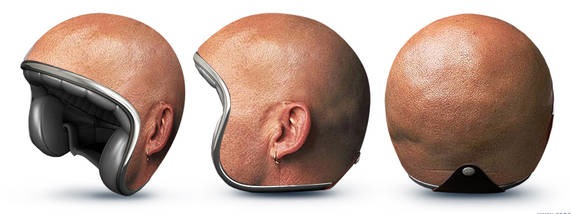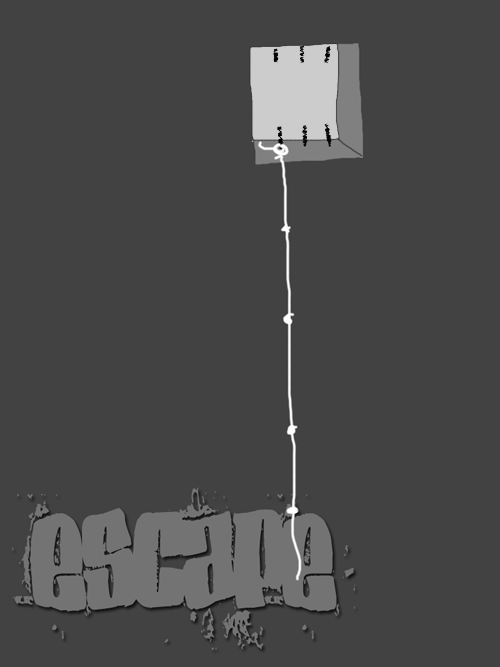Category Archives: Miscellany
Changing Education Paradigms
A couple of things. I don’t think I would have listened to this presentation (10 min?) without the animation. Because of the animation, I listened much more closely. Focused. Much better than watching the speaker at a podium or –god forbid– Powerpoint slides.
Secondly, I am really grateful my nephews and niece were home schooled. Well done Blane and Tonya. If you have children in school –or plan to– you should watch this.
Thanks to Rebecca Landwehr
AA Destroying The Social Lives Of Thousands Of Once-Fun Americans
The end of wallets
 I’m not a wallet guy. I rarely have it with me and keep no more than the bare minimum in when I do. Health plan card from work; auto insurance car; voter registration card, etc. No money.
I’m not a wallet guy. I rarely have it with me and keep no more than the bare minimum in when I do. Health plan card from work; auto insurance car; voter registration card, etc. No money.
Today I scanned a couple of cards and dropped them into GoodReader on the iPhone. Probably wouldn’t satisfy a trooper or the lady at the doctor’s office (even though all she does is photocopy the health plan card), but better than nothing and the info is there.
I think the days of carrying around little pieces of plastic are just about over. Already over in more technically sophisticated countries.
The End of Management
My favorite nuggets from a piece by WSJ Deputy Managing Editor Alan Murray:
“Corporations are bureaucracies and managers are bureaucrats. Their fundamental tendency is toward self-perpetuation. They are, almost by definition, resistant to change. They were designed and tasked, not with reinforcing market forces, but with supplanting and even resisting the market.”
“The big companies failed, not necessarily because they didn’t see the coming innovations, but because they failed to adequately invest in those innovations. To avoid this problem, the people who control large pools of capital need to act more like venture capitalists, and less like corporate finance departments. They need to make lots of bets, not just a few big ones, and they need to be willing to cut their losses.”
“The new model will have to instill in workers the kind of drive and creativity and innovative spirit more commonly found among entrepreneurs. It will have to push power and decision-making down the organization as much as possible, rather than leave it concentrated at the top. Traditional bureaucratic structures will have to be replaced with something more like ad-hoc teams of peers, who come together to tackle individual projects, and then disband.”
Mr. Murry’s new book is “The Wall Street Journal Essential Guide to Management.”
Stylish brain-buckets
I don’t have a motorcycle but this would be fun for wearing around town. Other styles include cracked walnut, water mellon and … brain matter?
New soccer rules
The news business can get a little slow during the summer months so the lads (and lassie) in the Missourinet newsroom compiled a short list of rule changes to make the game of soccer more interesting:
- a three-point line
- a requirement that defenders have to have only one leg
- combining soccer with gymnastics and awarding style points for particular acrobatic moves
- beginning each game with each team kicking the ball five times from their own goal line toward the other team’s unguarded net at the other end of the field
- having the Stanford band march onto the field at an unpredictable time
- playing all games in torrential rainstorms (meaning all stadia should have high-powered sprinkler systems over the fields), or
- requiring at least one-third of each game be played on artificial snow
- combining soccer with mixed martial arts so kicking actually means something
Now we have something I could watch.
Update: According to my sources, three other rules are considered but omitted for reasons of taste:
- Land mines
- Snipers – each team has one sniper in the stand with X rounds
- Donkey Socker
Escape
Darth Vader’s recording for TomTom GPS
Chat Roulette funny piano improv
This is what I love about the web. Some funny, creative person turns a perv-fest like Chatroulette into something amusing.


